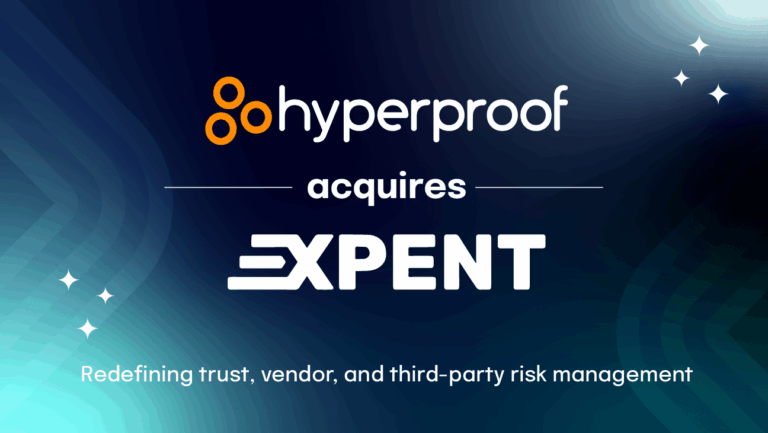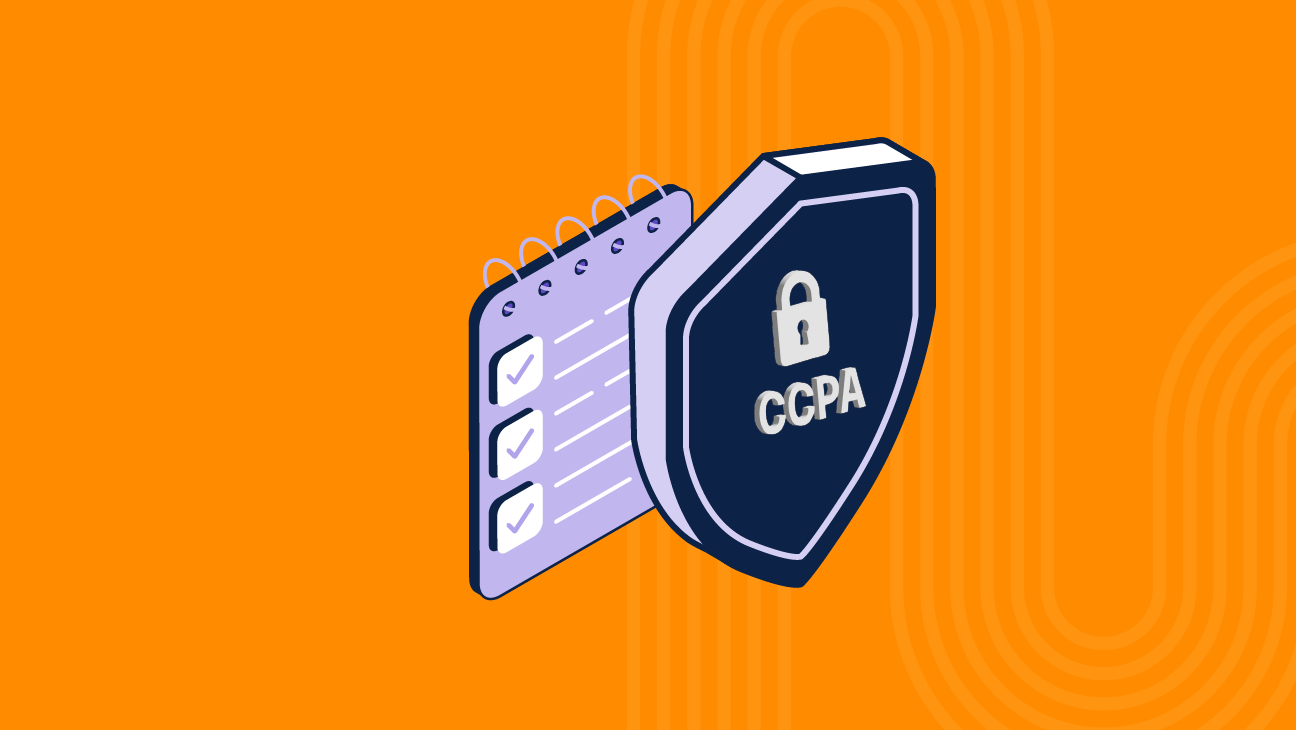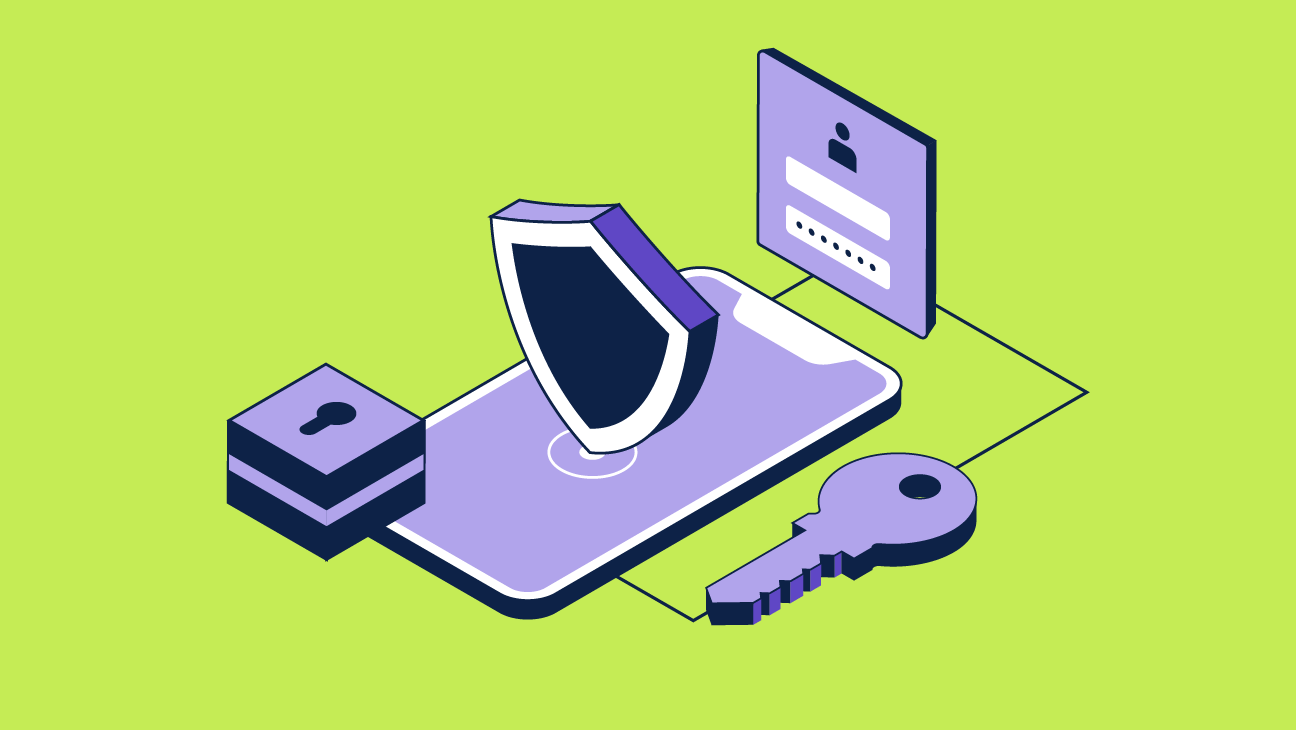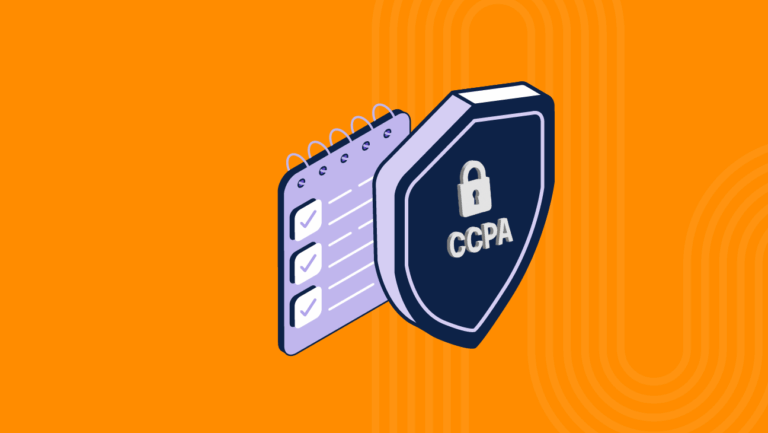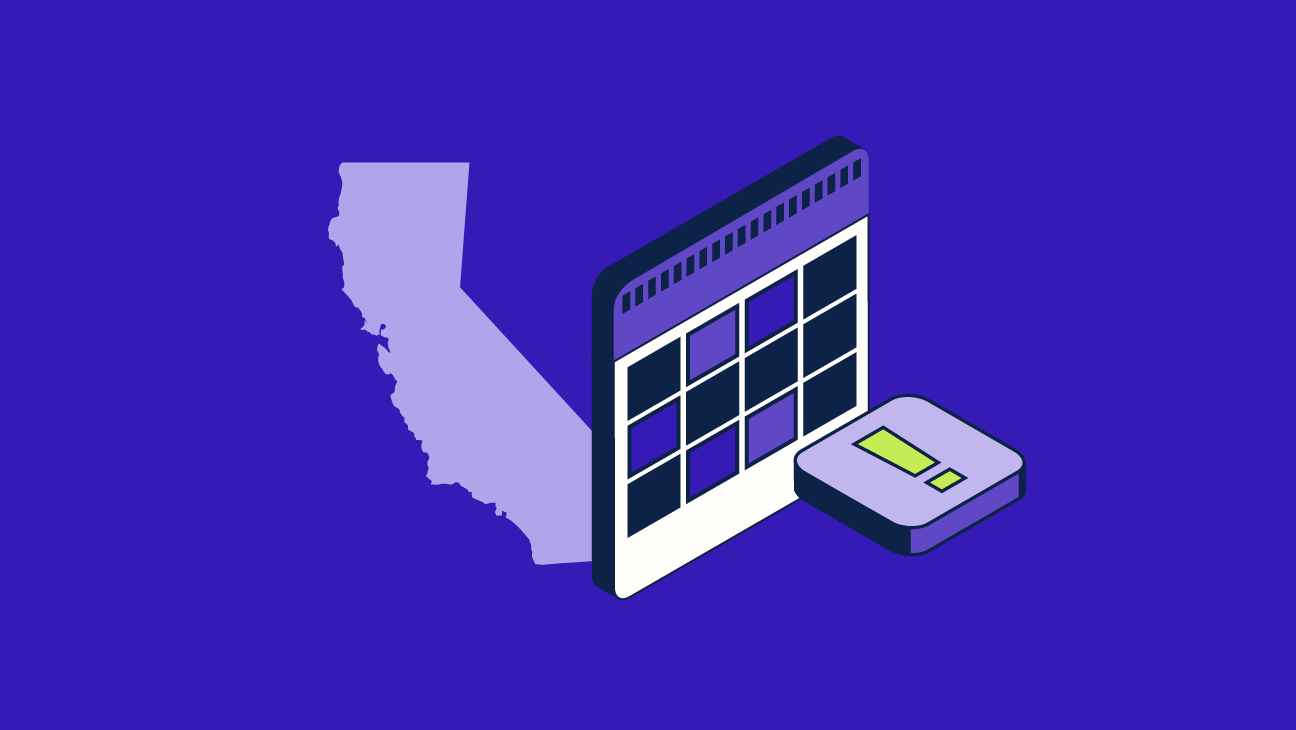Blog
Read the latest information about compliance operations, regulations, and Hyperproof news.
Featured Blogs
-
Hyperproof Acquires Expent.ai, Redefining Trust, Vendor, and Third-Party Risk Management
At Hyperproof, our mission is clear: empower organizations to manage compliance, mitigate risk, and build trust at scale. Today, we’re… -
Introducing Hyperproof AI: Transforming GRC Into a Strategic Growth Engine
Governance, risk, and compliance (GRC) has always been mission-critical, but for too long it’s been treated as a cost center…. -
A Comprehensive Guide to the Digital Operational Resilience Act (DORA)
Financial institutions are increasingly more dependent than ever on Information and Communication Technology (ICT). This dependency offers numerous benefits, like…
Latest Blogs
-
What is SPRS scoring?
Supplier Performance Risk System (SPRS) scores are a daily reality for companies that do business with the Department of Defense. A strong…
Read More Articles
Compliance Operations
-
What is SPRS scoring?
Supplier Performance Risk System (SPRS) scores are a daily reality for companies that do business with the Department of Defense. A strong…
Read More Articles
Cybersecurity
-
What is SPRS scoring?
Supplier Performance Risk System (SPRS) scores are a daily reality for companies that do business with the Department of Defense. A strong…
Read More Articles
Monthly Newsletter
Get the Latest on Compliance Operations.

Risk Management
-
What Evidence of Control Operation Do Federal Regulators Really Expect?
Federal regulators have been changing their approach to cybersecurity oversight in recent years. Where checkbox compliance once satisfied most agency…
Read More Articles
Regulation Updates
-
CCPA Revisions: What You Need to Know
The California Privacy Protection Agency approved CCPA revisions that require automated decision-making controls, documented risk assessments, and annual cybersecurity audits…
Read More Articles

